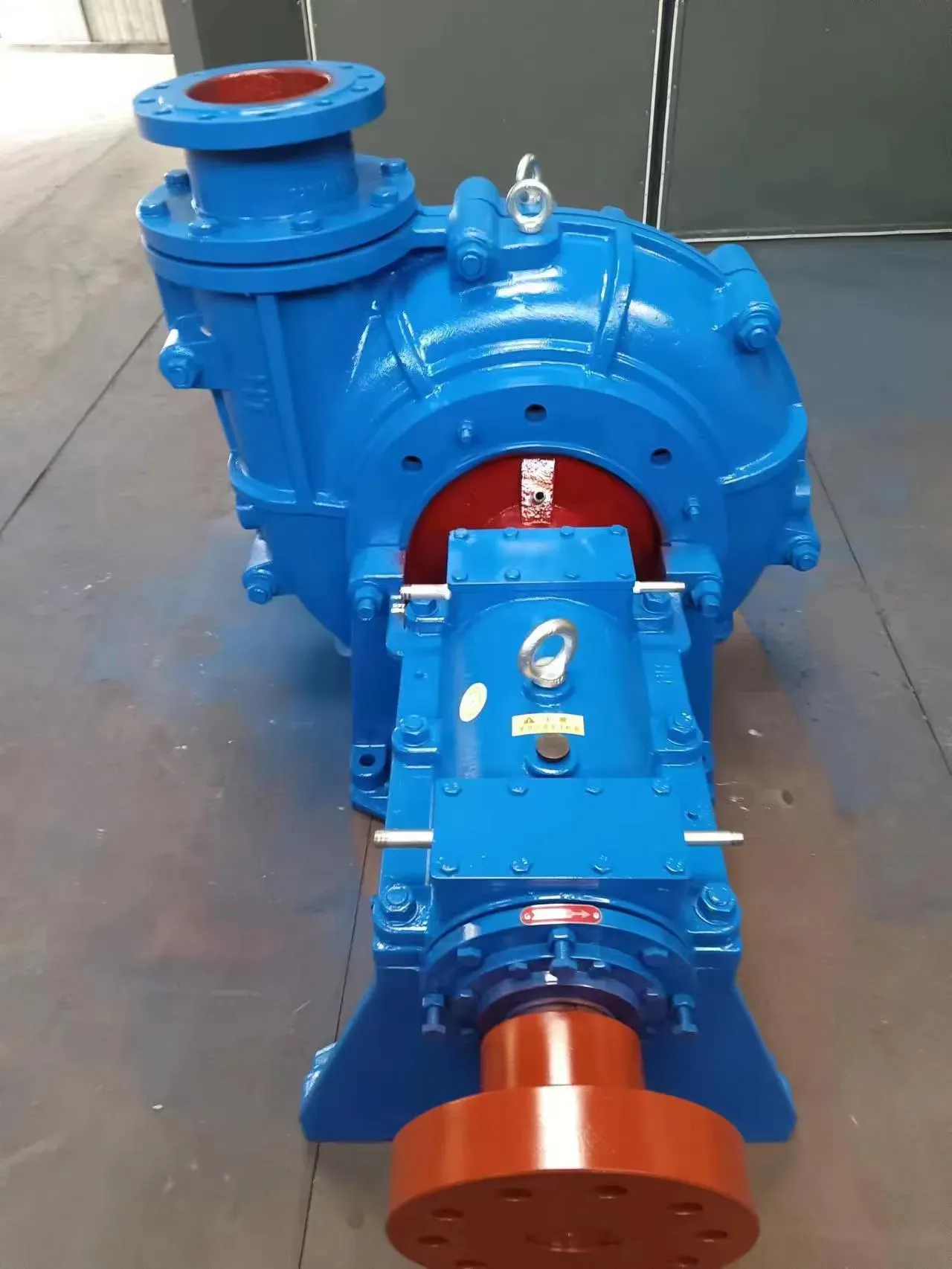Hindi
- Afrikaans
- Albanian
- Amharic
- Arabic
- Armenian
- Azerbaijani
- Basque
- Belarusian
- Bengali
- Bosnian
- Bulgarian
- Catalan
- Cebuano
- Corsican
- Croatian
- Czech
- Danish
- Dutch
- English
- Esperanto
- Estonian
- Finnish
- French
- Frisian
- Galician
- Georgian
- German
- Greek
- Gujarati
- Haitian Creole
- hausa
- hawaiian
- Hebrew
- Hindi
- Miao
- Hungarian
- Icelandic
- igbo
- Indonesian
- irish
- Italian
- Japanese
- Javanese
- Kannada
- kazakh
- Khmer
- Rwandese
- Korean
- Kurdish
- Kyrgyz
- Lao
- Latin
- Latvian
- Lithuanian
- Luxembourgish
- Macedonian
- Malgashi
- Malay
- Malayalam
- Maltese
- Maori
- Marathi
- Mongolian
- Myanmar
- Nepali
- Norwegian
- Norwegian
- Occitan
- Pashto
- Persian
- Polish
- Portuguese
- Punjabi
- Romanian
- Russian
- Samoan
- Scottish Gaelic
- Serbian
- Sesotho
- Shona
- Sindhi
- Sinhala
- Slovak
- Slovenian
- Somali
- Spanish
- Sundanese
- Swahili
- Swedish
- Tagalog
- Tajik
- Tamil
- Tatar
- Telugu
- Thai
- Turkish
- Turkmen
- Ukrainian
- Urdu
- Uighur
- Uzbek
- Vietnamese
- Welsh
- Bantu
- Yiddish
- Yoruba
- Zulu
Telephone: +86 13120555503
Email: frank@cypump.com
अक्टूबर . 10, 2024 15:41 Back to list
water pump for potable water
The Importance of Water Pumps for Potable Water Supply
Access to clean and safe drinking water is a fundamental human right and a cornerstone of public health. In order to ensure a sustainable supply of potable water in both urban and rural areas, water pumps play a vital role. These devices are crucial for extracting and distributing water from various sources, including wells, rivers, and reservoirs, making it available for consumption and other uses.
Understanding Water Pumps
Water pumps are mechanical devices designed to move water from one location to another. They operate on various principles and can be powered by electricity, diesel, or even human effort. The choice of pump depends on the specific needs of the community, the source of the water, and the distance it needs to be transported. Common types of water pumps include submersible pumps, centrifugal pumps, and solar-powered pumps, each with distinct advantages depending on the application.
In rural areas, where access to electricity may be limited, solar-powered pumps have emerged as a sustainable solution. These pumps harness solar energy to operate, offering an eco-friendly alternative to traditional fossil-fuel-powered systems. Their low operational costs and minimal environmental impact make them ideal for remote locations, where the need for clean water is critical yet challenging to meet.
Ensuring Water Potability
The process of ensuring that water is potable—or safe to drink—involves multiple steps. First and foremost, it is essential to source water from clean and reliable locations. Once extracted, the water may undergo treatment processes, including filtration and disinfection, to remove harmful contaminants. Water pumps facilitate this process by delivering water to treatment facilities, where it can be purified before reaching households and communities.
water pump for potable water

Moreover, regular maintenance and monitoring of water pumps are crucial to prevent contamination. Any mechanical failure or degradation in the quality of materials used can introduce pollutants into the water supply. Therefore, communities must prioritize pump upkeep and be vigilant for signs of wear and damage to safeguard their access to safe drinking water.
Addressing Water Scarcity
Water scarcity is a growing concern in many parts of the world, driven by factors such as climate change, population growth, and increased agricultural demand. In this context, efficient water management becomes paramount. Water pumps serve as a critical tool in the efforts to mitigate water scarcity by enhancing water distribution and ensuring the sustainable use of available resources.
For instance, in agricultural settings, water pumps can facilitate irrigation, allowing crops to thrive even in regions with limited rainfall. By maximizing the efficiency of water usage, pumps contribute not only to food security but also to the overall health of ecosystems, as they help maintain the balance of local water systems.
Conclusion
Water pumps for potable water supply are more than mere mechanical devices; they are lifelines for communities around the globe. By enabling access to clean and safe drinking water, they play a crucial role in promoting health, supporting agriculture, and enhancing the quality of life. As innovations in pump technology move forward, particularly with renewable energy sources, the future holds promise for even greater accessibility and sustainability of potable water. To ensure that every individual has access to this vital resource, ongoing investment in water pump infrastructure and maintenance is required, alongside broader efforts to manage water resources wisely. In the face of ongoing challenges such as climate change and population growth, the importance of water pumps as a key component in the quest for potable water cannot be overstated.
-
High-Performance Air Pumps for Sand & Gravel | Efficient Transport
NewsAug.03,2025
-
ISG Series Vertical Pipeline Pump - Chi Yuan Pumps Co., LTD.|Energy Efficiency, Corrosion Resistance
NewsAug.03,2025
-
ISG Series Pipeline Pump - Chi Yuan Pumps | Energy Efficiency&Compact Design
NewsAug.03,2025
-
ISG Series Vertical Pipeline Pump - Chi Yuan Pumps Co., LTD.|High Efficiency, Low Noise, Durable
NewsAug.02,2025
-
ISG Series Vertical Pipeline Pump - Chi Yuan Pumps | High Efficiency, Low Noise
NewsAug.02,2025
-
ISG Series Vertical Pipeline Pump- Chi Yuan Pumps Co., LTD.|High Efficiency&Compact Design
NewsAug.02,2025










